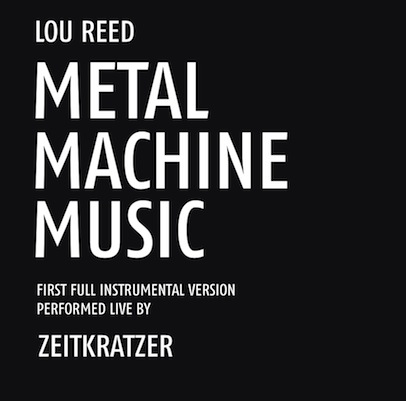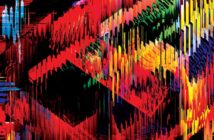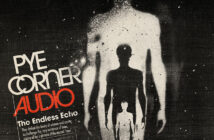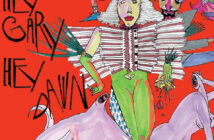
Lou Reed’ sixth solo album was released in 1975 and it terrified everyone. Many thought it was a middle finger to his label – a way to fulfil his record contract. Metal Machine Music boasted no songs, rather it was 60 odd minutes of brutal distortion laden barely controlled guitar noise. Reed later recounted that he’d set up a number of amps with repeat and tremolo units, tuned and placed his guitars at various intervals from the amps where the feedback sounded nice and pressed record. With the feedback systems interacting and harmonics colliding creating new tones, Reed then played an additional guitar over the top, creating an abrasive wall of noise imbued with these incredible drone harmonics.
Whilst initially the reception to this kind of experimental brutalism from an already well established pop star was quite poor, over the decades the album has been re-evaluated, as the black sheep in his oeuvre, and in fact its presence has ironically enough given credence to the notion that he was an important composer. Reed has subsequently in typical self-aggrandising fashion declared that he’d invented heavy metal, and while this statement is open to conjecture, it’s much harder to dismiss its influence on the subsequent noise music scene.
Yet it still must have come as some surprise to Reed when about a decade ago Reinhold Freidl, Dutch bandleader of Zeitkratzer asked permission for his modern classical/ experimental ensemble to play Metal Machine Music live. “It can’ be done,’ was Reed’ blunt response. Yet it has, and if ever an ensemble was adequately credentialed to tackle this piece though it would have to be Zeitkratzer, having previously worked with the likes of Merzbow, Keiji Haino, Carsten Nicolai and Throbbing Gristle.
Whilst the ensemble have been playing the piece live for years now, and there’ even a previous release featuring Reed in 2007 on Asphodel, this album (sans Reed), from a live performance in Rome in 2012 is the first time that they’ve recorded all four parts. The Zeitkratzer ensemble is made up of clarinet, trombone, piano, bowed guitar, violin, percussion, violincello and double bass.
The results are quite remarkable, by moving from the electric to the acoustic the timbre of the instrumentation softens the brutality of the original, and the diversity of the instruments fully articulate harmonics previously barely hinted at – or at least hidden beneath the squall. Curiously they find gentle and at times quite musical moments within the onslaught, in fact even when they’re at full throttle reaching for the throat there’ still something quite beautiful. Perhaps the other new ingredient they’ve managed to infuse into the sounds is emotion – a sense of pathos. Zeitkratzer are interested in other dimensions too, sure like the original there’ the fatigue and its overwhelming cumulative nature, but their ability to find change and movement within the piece elevates it to a higher level.
It’s grandiose, pretentious and somewhat ridiculous, like the original, a musical science experiment, with the added baggage of attempting to do the impossible. Against the odds though it really works, not just further illuminating the original work, but as its own unique and compelling musical work.



